Necessary Illusions: Thought Control in Democratic Societies
Manufacturing Consent: The Political Economy of the Mass
Media (with Edward S. Herman)
On Power and Ideology: The Managua Lectures
Turning the Tide: U.S. Intervention in Central America and the Struggle for Peace
The Fateful Triangle: The United States, Israel and the Palestinians
Towards a New Cold War: Essays on the Current Crisis and How We Got There
T HIS book went to press just as the US and Britain were about to launch their bombing of Iraq in mid January 1991. Events since well illustrate its major theses.
Given the US role as global enforcer, elites face the task of maintaining obedience not only at home, where the ignorant and meddling outsiders must be reduced to their spectator status, but also in the former colonial domains (the South). As discussed in the text, these themes have long been common coin among the educated classes.
In the South, violence remains a feasible option. Few in the South would contest the judgement of the Times of India that in the Gulf crisis the traditional warrior statesthe US and UKsought a regional Yalta where the powerful nations agree among themselves to a share of Arab spoils [Their] conduct throughout this one month [January-February 1991] has revealed the seamiest sides of Western civilisation: its unrestricted appetite for dominance, its morbid fascination for hi-tech military might, its insensitivity to alien cultures, its appalling jingoism . The general mood was captured by Cardinal Paulo Evaristo Arns of So Paulo, Brazil, who wrote that in the Arab countries the rich sided with the US government while the millions of poor condemned this military aggression. Throughout the Third World, there is hatred and fear: When will they decide to invade us, and on what pretext?
Within the US, the major issue remains the unraveling of the societyunder the impact of the Reagan-Bush social and economic programs. These reflected a broad elite consensus in favor of a welfare state for the rich even beyond the norm. Policy was designed to transfer resources to privileged sectors, with the costs to be borne by the general population and future generations. Given the narrow interests of its constituency, the Administration has no serious proposals to deal with the consequences of these policies.
It is therefore necessary to divert the public. Two classic devices are to inspire fear of terrible enemies and worship of our grand leaders, who rescue us just in the nick of time. The enemies may be domestic (criminal Blacks, uppity women, subversives undermining the tradition, etc.), but foreign demons have natural advantages. The Russians served the purpose for many years; their collapse has called for innovative and audacious tactics. As the standard pretext vanished, the domestic population has been frightenedwith some successby images of Qaddafis hordes of international terrorists, Sandinistas marching on Texas, Grenada interdicting sea lanes and threatening the homeland itself, Hispanic narcotraffickers directed by the arch-maniac Noriega, and crazed Arabs generally, most recently, the Beast of Baghdad, after he underwent the usual conversion from favored friend to Attila the Hun after committing the one unforgivable crime, the crime of disobedience, on August 2, 1990.
The scenario requires Awe as well as Fear. There must, then, be foreign triumphs, domestic ones being beyond even the imagination of the cultural managers. Our noble leaders must courageously confront and miraculously defeat the barbarians at the gate, so that we can once again stand tall (the Presidents boast, after overcoming Grenadas threat to our existence) and march forward towards a New World Order of peace and justice. Since each foreign triumph is in fact a fiasco, the aftermath must be obscured as the government-media alliance turns to some new crusade.
The barbarians must be defenseless: it would be foolish to confront anyone who might fight back. Moreover, the notable rise in the moral and cultural level of the general population since the 1960s, including the unwillingness to tolerate atrocities and aggression, a grave disease called the Vietnam syndrome, has further limited the options. The problem was addressed in a National Security Policy Review from the first months of the Bush presidency, dealing with third world threats.It reads: In cases where the U.S. confronts much weaker enemies, our challenge will be not simply to defeat them, but to defeat them decisively and rapidly. Any other outcome would be embarrassing and might undercut political support, understood to be thin. The intervention options are therefore restricted to clandestine terror (called low-intensity conflict, etc., often assisted by mercenary states), or quick demolition of a much weaker enemy. Disappearance of the Soviet deterrent enhances this second option: the US need no longer fight with one hand tied, that is, with concern for the consequences to itself.
1. The Gulf War in Retrospect
Two crucial events of 1991 were the final break-up of the Soviet empire and the Gulf conflict. With regard to the former, the US was largely an observer, with little idea what to do as the system lurched from one crisis to another. The media ritually laud George Bushs consummate skill as a statesman and crisis manager, but the exercise lacks spirit. The response to Saddam Husseins aggression, in contrast, was a Washington operation throughout, with Britain loyally in tow.
Holding all the cards, the US naturally achieved its major aims, demonstrating that what we say goes, as the President put it. The proclamation was directed to dictators and tyrants, but it is beyond dispute that the US has no problem with murderous thugs who serve US interests, and will attack and destroy committed democrats if they depart from their service function. It suffices to recall Bushs esteem for Marcos, Mobutu, Ceau

escu, Suharto, Saddam Hussein, and other favored friends, his actions in Central America, and the rest of the shabby record. The correct reading of his words, clearly enough, is: What we say goes, whoever you may be. The lesson is understood by the traditional victims, as noted.
Now that the US victory in the Gulf has been secured, jingoist rhetoric has subsided, and it is possible to survey just what happened in the misnamed Gulf Warmisnamed, because there never was a war, at least, if the concept involves two sides in combat. That didnt happen in the Gulf.
The crisis began with the Iraqi invasion of Kuwait, which left hundreds killed, according to human rights groups. That hardly qualifies as war.Rather, in terms of crimes against peace and against humanity, it falls roughly into the category of the Turkish invasion of northern Cyprus, Israels invasion of Lebanon in 1978, or the US invasion of Panama. In these terms it falls well short of Israels 1982 invasion of Lebanon, and cannot remotely be compared with the near-genocidal Indonesian conquest of East Timor, to mention only two cases of aggression and atrocities that continue with the decisive support of those who most passionately professed their outrage over Iraqs invasion.
In subsequent months, Iraq was responsible for terrible crimes in Kuwait, with several thousand killed and many tortured. But that is not war either; rather, state terrorism, of the kind familiar among US clients.
The next phase of the conflict began with the US-led attack of January 16. Its first component targeted the civilian infrastructure, including power, sewage, and water systems; that is, a form of biological warfare, having little relation to driving Iraq from Kuwaitrather, designed for long-term US political ends. This too is not war, but state terrorism, on a colossal scale.

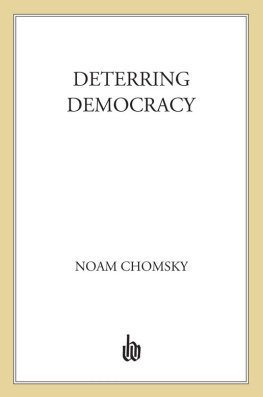
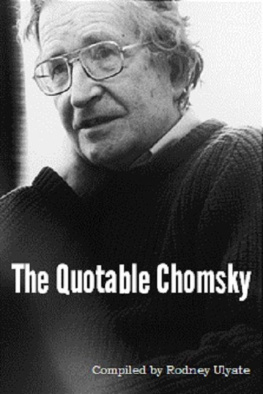
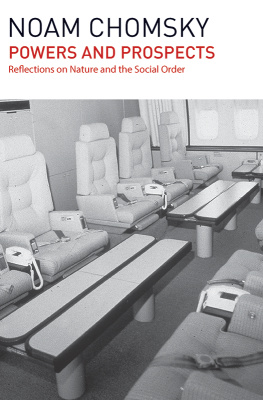
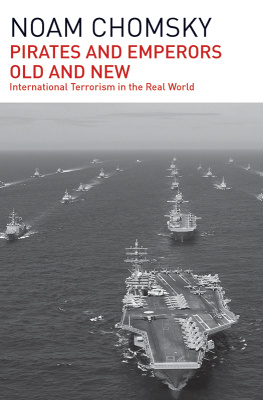
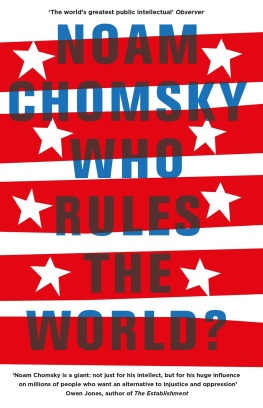

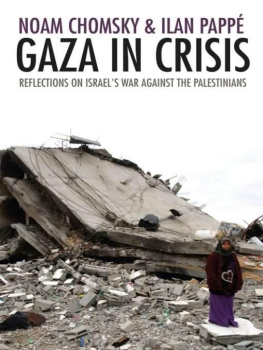
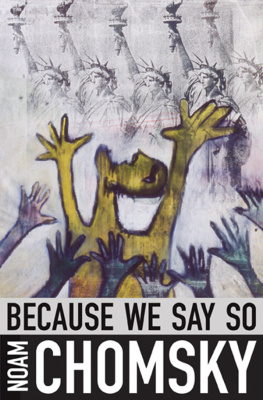


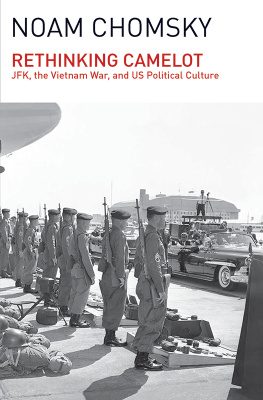
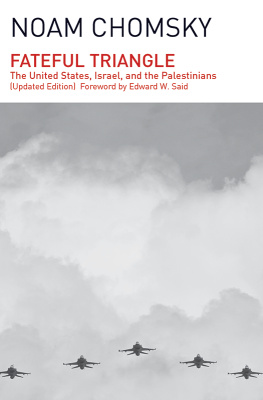
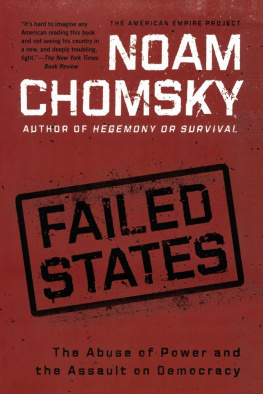
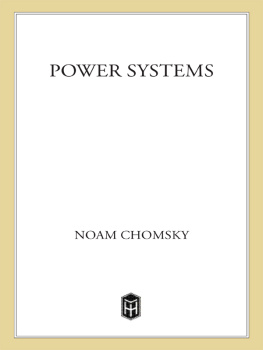
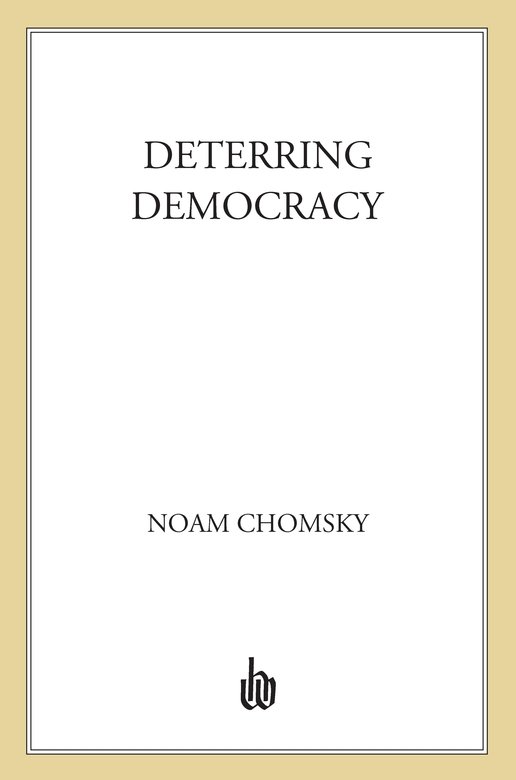
 escu, Suharto, Saddam Hussein, and other favored friends, his actions in Central America, and the rest of the shabby record. The correct reading of his words, clearly enough, is: What we say goes, whoever you may be. The lesson is understood by the traditional victims, as noted.
escu, Suharto, Saddam Hussein, and other favored friends, his actions in Central America, and the rest of the shabby record. The correct reading of his words, clearly enough, is: What we say goes, whoever you may be. The lesson is understood by the traditional victims, as noted.